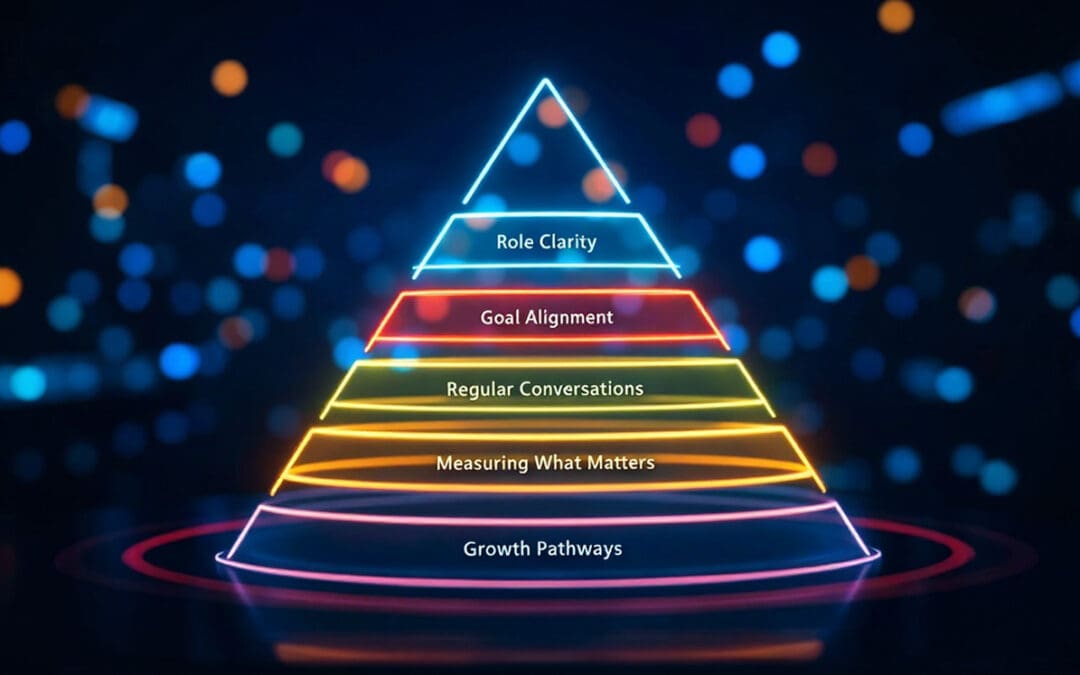PS Reviews: Dana Brownlee’s Forbes Article on Peer Recognition
In the recent Forbes article, “Peer Recognition: An Employee Engagement Secret Weapon,” Dana Brownlee discusses why peer-to-peer feedback is continuing to trend in forward-thinking organizations. Performance Scoring has posited previously that peer-to-peer feedback is the most effective method at driving employee development, while also being the most preferred method by employees. “Many companies are shifting away from the traditional annual boss to subordinate employee evaluation and recognition model and instead are embracing more modern approaches,” Brownlee begins. Companies are using performance management tools, like Performance Scoring, to usher in more modern and effective approaches to performance management. “For many organizations incorporating and encouraging peer to peer recognition and feedback is becoming an increasingly effective tool in the employee engagement toolbox,” echoes Brownlee. Performance Scoring’s system captures peer recognition and reports on employee performance and development, making it a win-win for the company and the employee.
360-Degree Feedback
The 360-degree feedback method has been in the shadows of annual employee reviews for decades, but this is changing; “Indeed, many organizations are realizing that one way to dramatically improve employee engagement is incorporating peer feedback and recognition as part of their overall performance management process,” observes Brownlee. Performance Scoring’s feedback system takes this to heart and gives companies the ability to have employees score peers, supervisors, vendors, customers, etc. – anything that is relevant to an employee’s individual role within the company. Brownlee acknowledges, that “most employees spend far less time with their immediate supervisor than they do with their colleagues, peers, customers, suppliers, and other key stakeholders.” This is the reason why, for most organizations, peer-to-peer feedback gives the most holistic assessment of performance. Performance Scoring takes this to another level with the ScoreBoard and FactorBoard, which both report the data from peer recognition to all relevant shareholders in real-time.
Companies See Higher Employee Performance
It is widely accepted that traditional employee performance management is ineffective, but are companies really changing their approach? Yes, and they are being rewarded for it. “Some organizations though have challenged traditional processes and started incorporating peer feedback as an active part of their employee engagement efforts,” Brownlee notes. “They acknowledge a strong link between vibrant, ongoing peer feedback and recognition and enhanced teaming and business results.” Performance Scoring has released case studies that detail the improved business results that are derived from peer recognition that focuses on employee development. Brownlee recommends that businesses “shift the performance management ecosystem to place heavier emphasis on peer feedback and recognition,” and this trend will undoubtedly continue as more companies experience the benefits. Shifting the performance management ecosystem with Performance Scoring is a simple process, so get started today.





